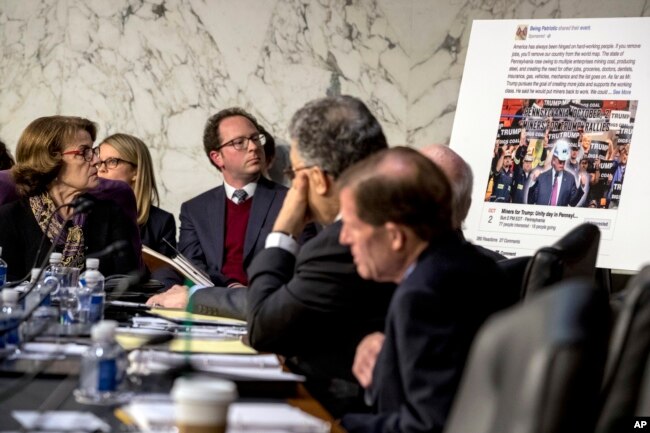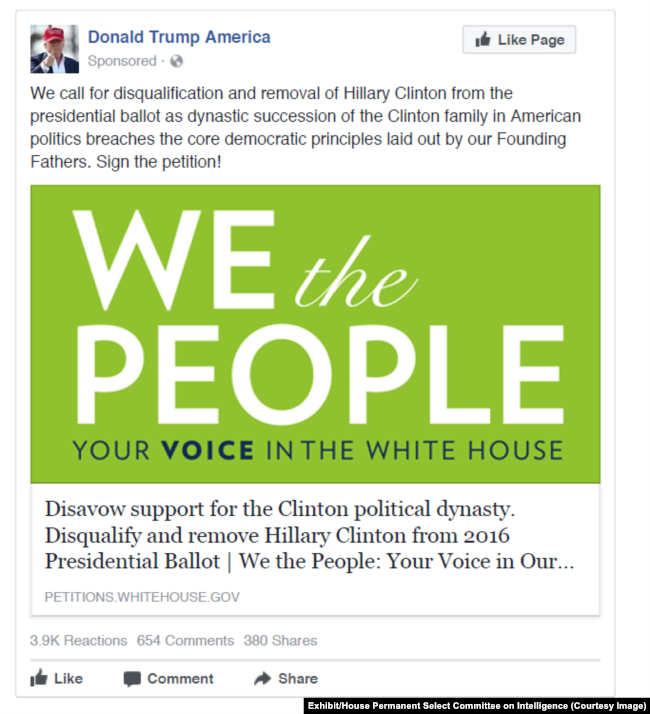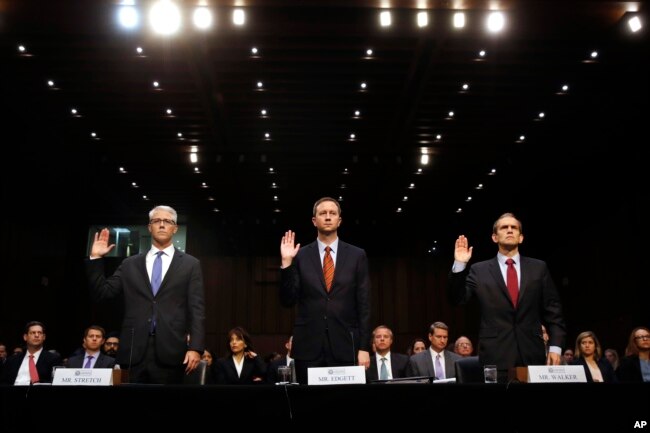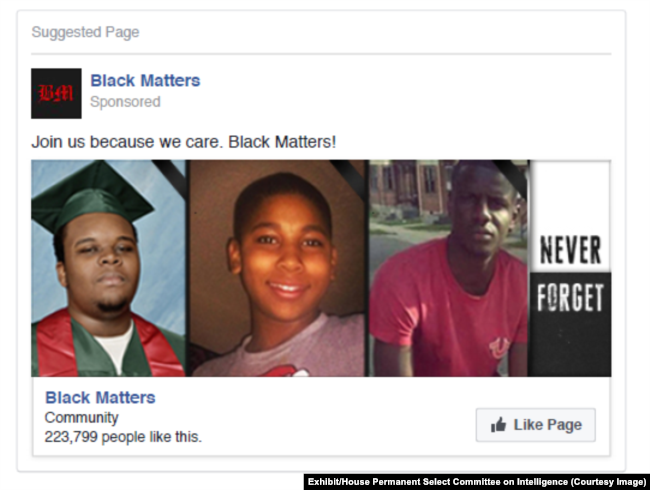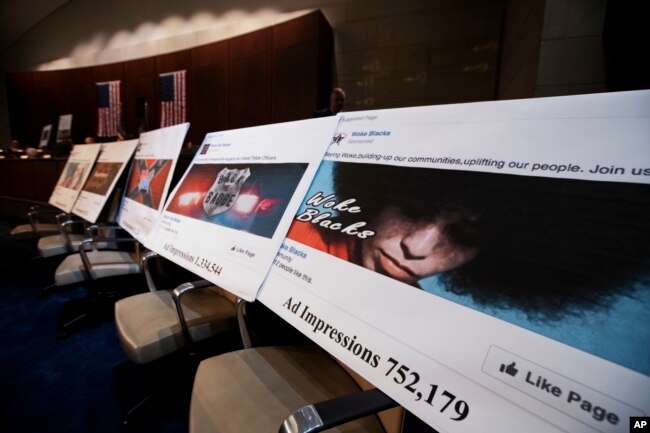
CAPITOL HILL — Tempers flared as U.S. lawmakers grilled Facebook, Twitter and Google representatives about Russia’s use of their platforms to spread disinformation during the 2016 presidential campaign, as well as the companies’ efforts to prevent a repeat.
“You must do better to protect the American people and, frankly, all of your users from this kind of manipulation,” Senate Intelligence Committee Chairman Richard Burr, a Republican from North Carolina, told attorneys for the tech giants at a hearing on Wednesday.
“I don’t think you get it,” Senator Dianne Feinstein, a Democrat from California, said. “What we’re talking about is a cataclysmic change. … What we’re talking about is a major foreign power with the sophistication and ability to involve themselves in a [U.S.] presidential election and sow conflict and discord all over this nation.”
Feinstein stressed that social media companies bear ultimate responsibility for the material that gets posted on their sites.
“You’ve created these platforms, and now they are being misused. And you have to be the ones to do something about it — or we [Congress] will,” she said.
Democrats on the House Intelligence Committee released a sampling of content that Facebook, Instagram and Twitter had identified as being linked to Russian actors. The content — ads, videos and tweets — covered a range of topics, including race, immigration, Islam, state pride and LGBT issues.
Phony accounts
Facebook, Twitter and Google have acknowledged that entities traced to Russia used phony accounts and other tactics to spread inflammatory messages and fake advertising that reached millions of Americans in 2015 and 2016. Lawyers for the companies stressed they take the problem seriously and are aggressively combating it.
“All of these [phony foreign] accounts and pages violated our policies, and we removed them,” Facebook General Counsel Colin Stretch said.
“Going forward, we are making significant investments. We’re hiring more ad reviewers, doubling or more our security engineering efforts, putting in place tighter ad content restrictions, launching new tools to improve ad transparency, and requiring documentation from political ad buyers,” he said.
Stretch added that fake ads “were a very small fraction of the overall content on Facebook, but any amount is too much.”
Holding social media companies to account continued on the other side of the Capitol hours later, when the House Select Committee on Intelligence held a hearing on the same topic, with the same witnesses.
The witnesses concurred.
“The large majority of the material we saw was socially divisive rather than direct electoral advocacy,” Google general counsel Kent Walker said.
At the House hearing, Democrats challenged that assertion.
“The Russians mounted what could be described as an independent expenditure campaign on Mr. Trump’s behalf,” said Representative Adam Schiff, a California Democrat. “Russian ads on Twitter, for example, promoted stories about [Democratic presidential nominee] Hillary Clinton’s allegedly poor health or legal problems.”
Meanwhile, bipartisan legislation has been introduced in the Senate that would compel web-based sites to verify and make public the sources of political advertising, just as U.S. broadcasters must do. | via VOANews

